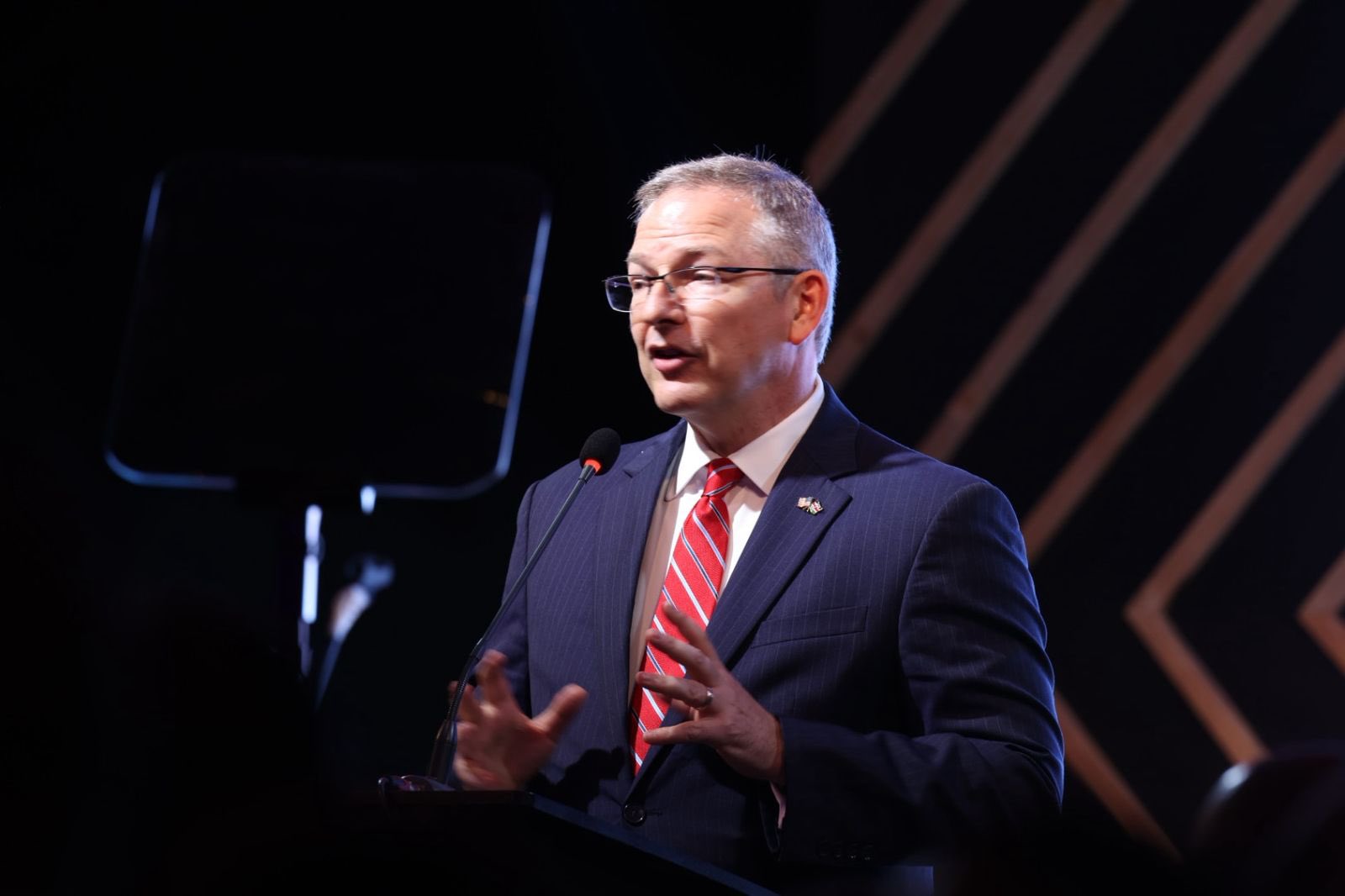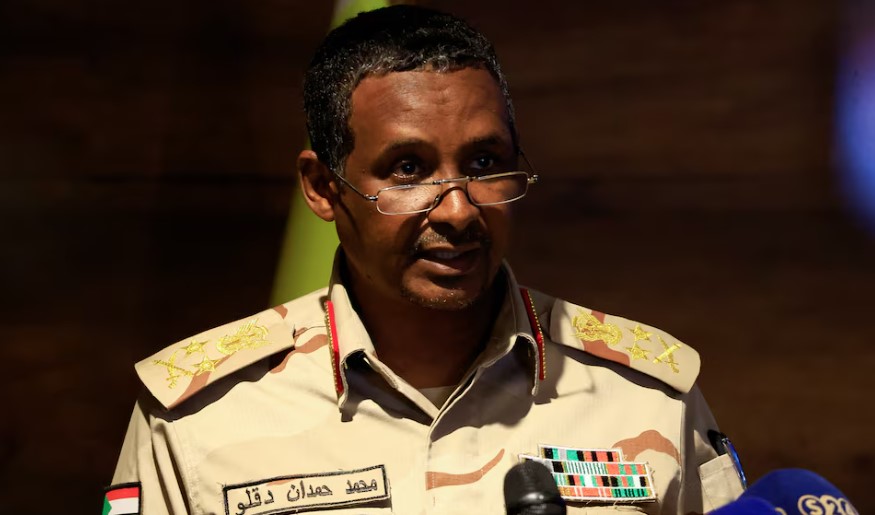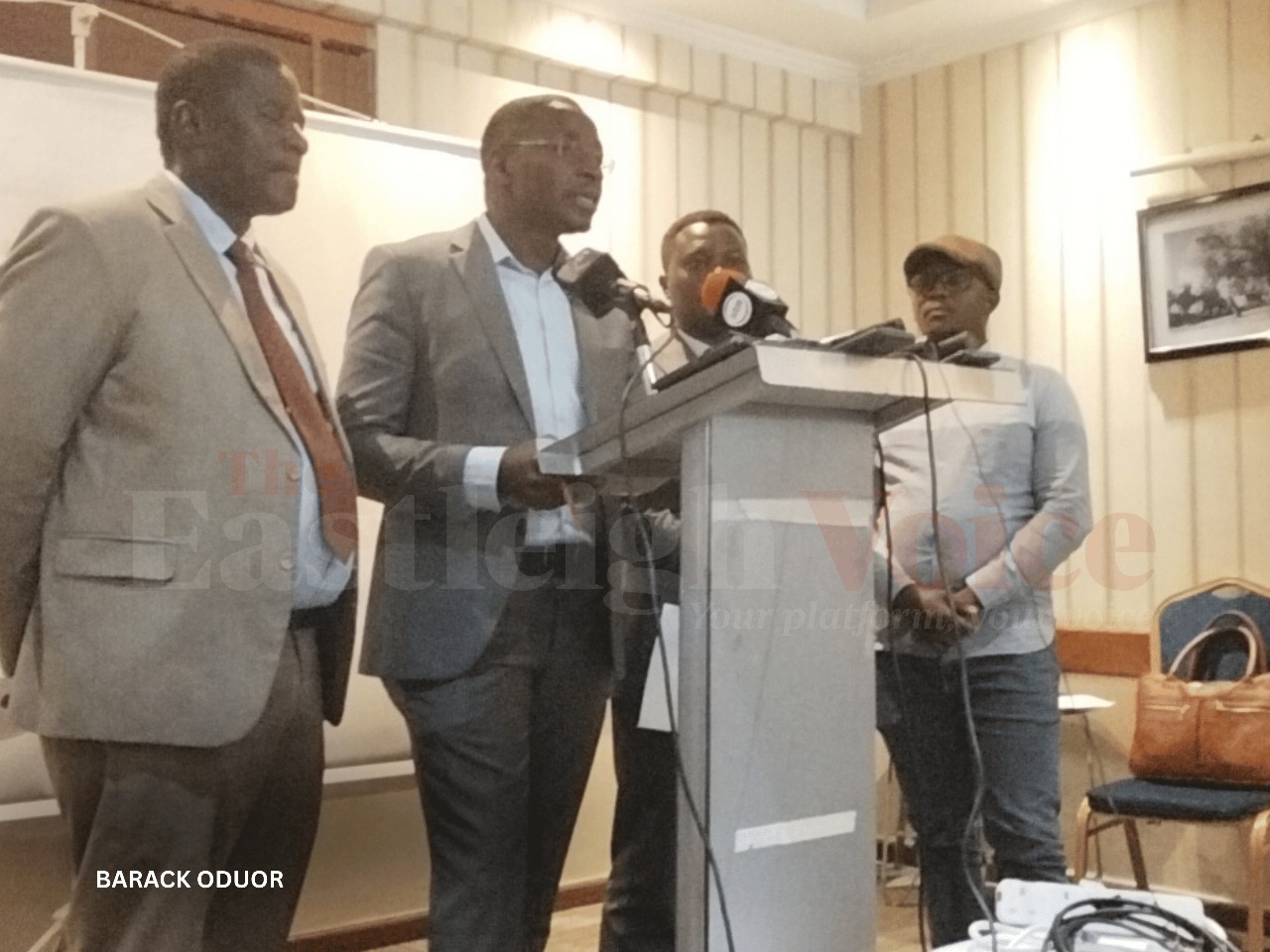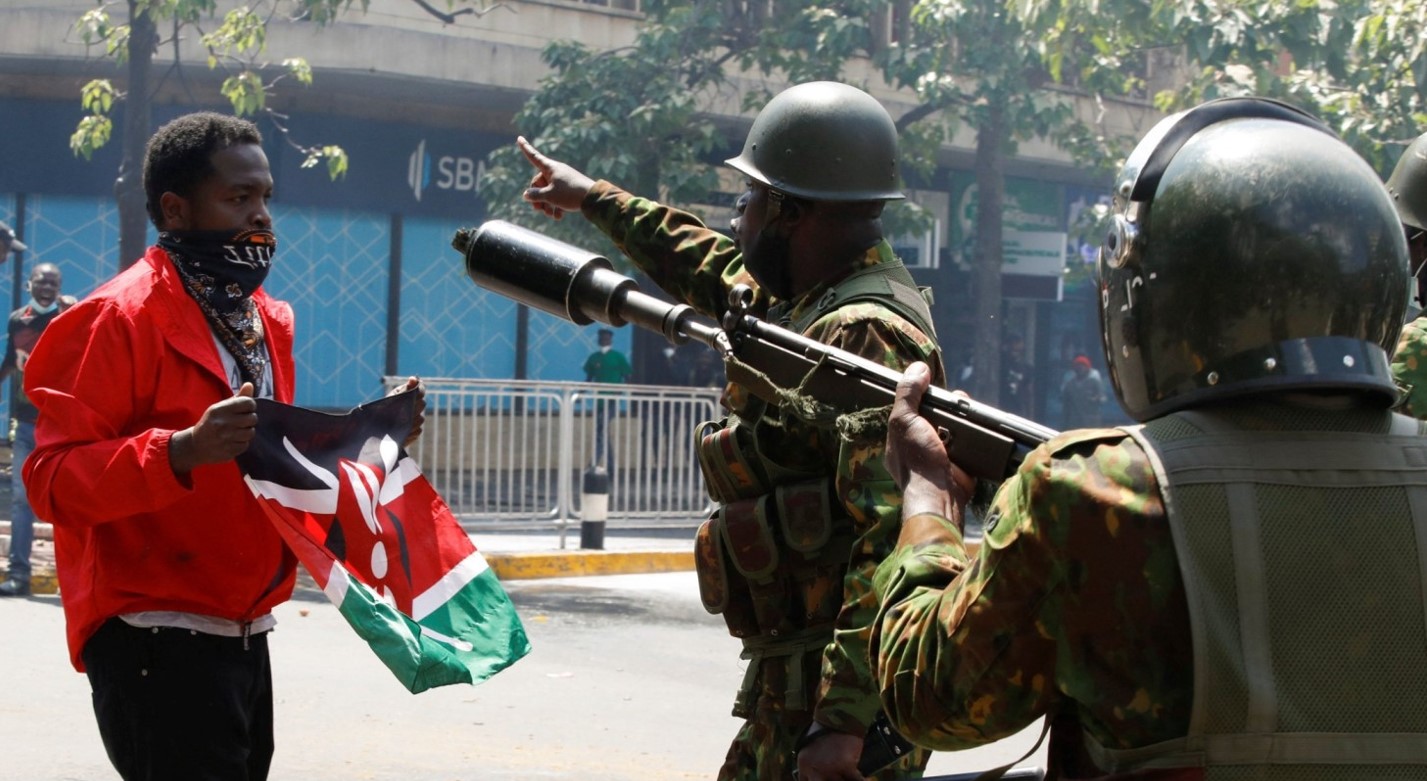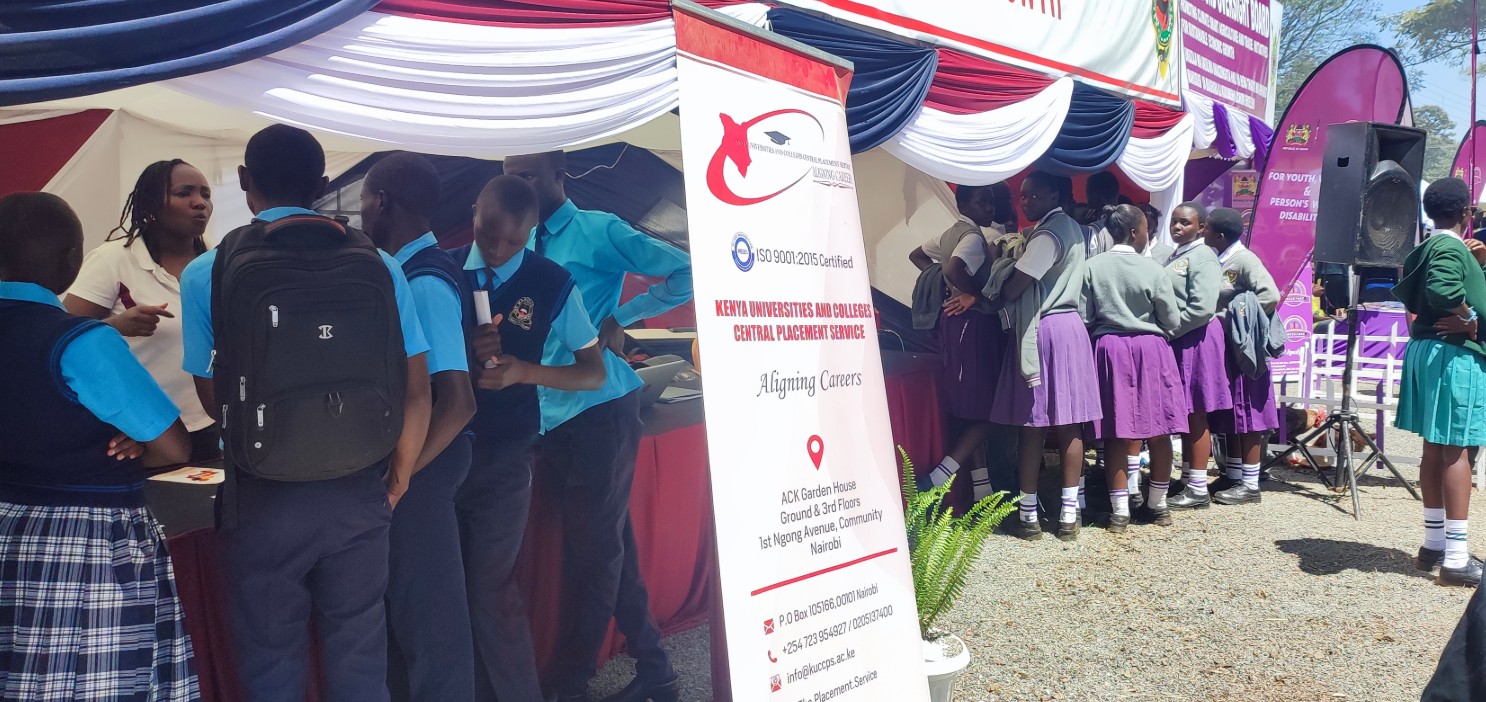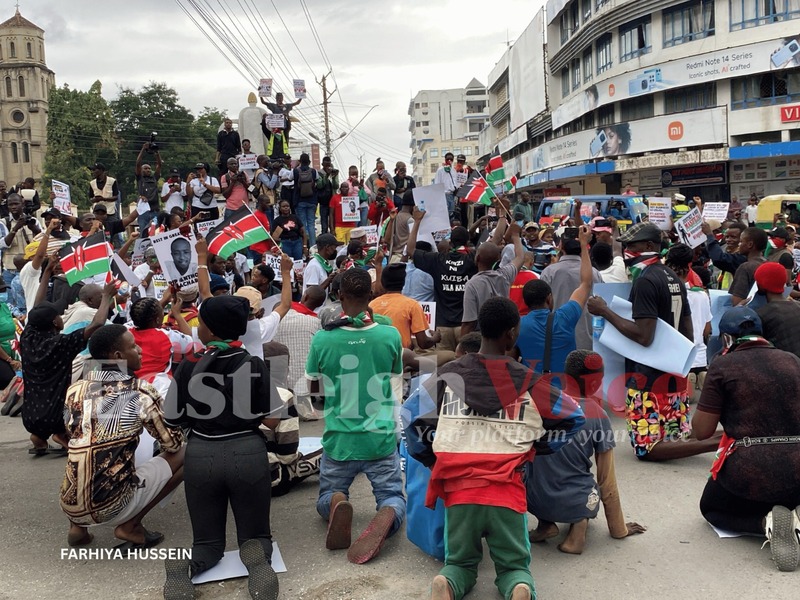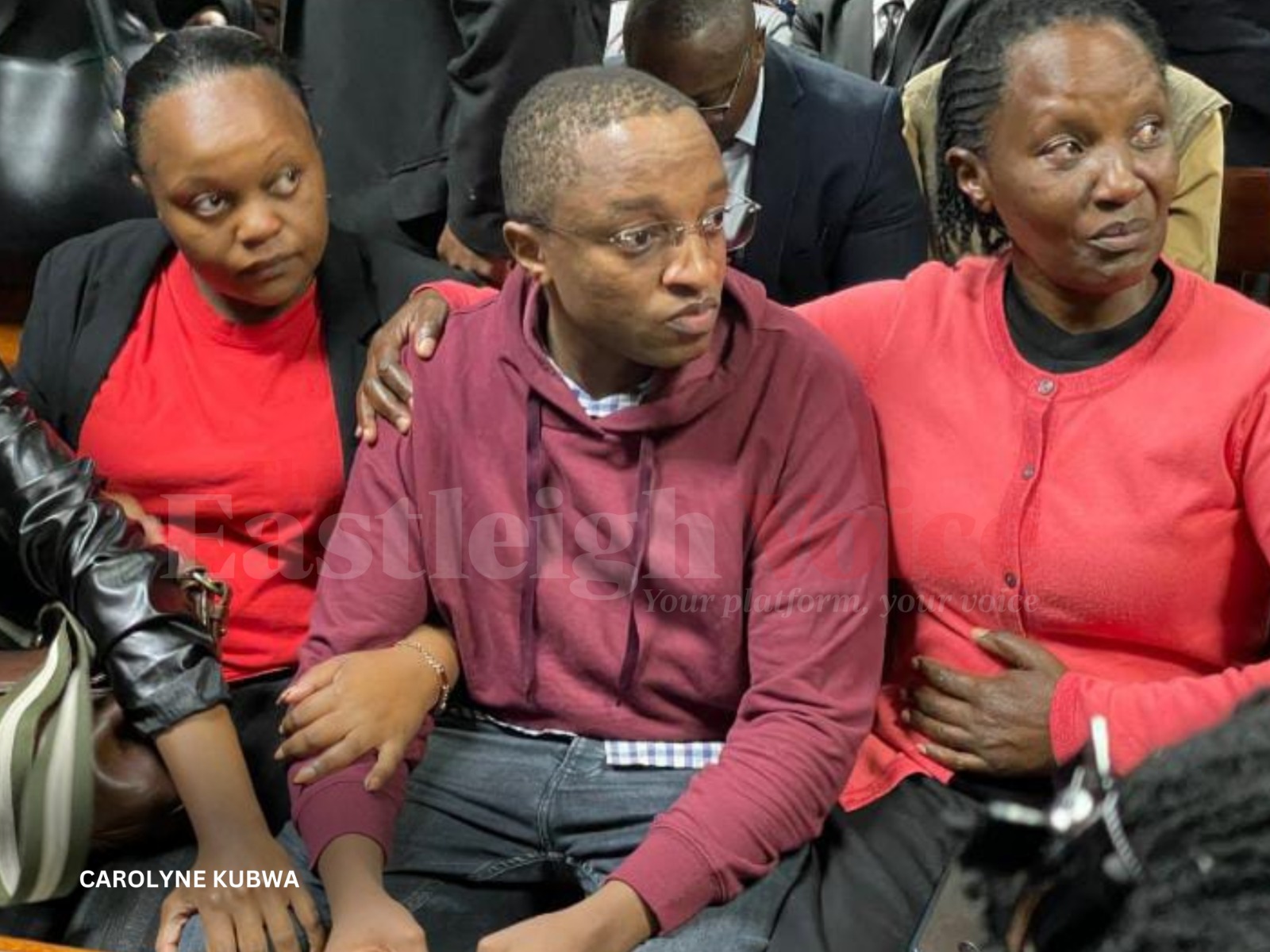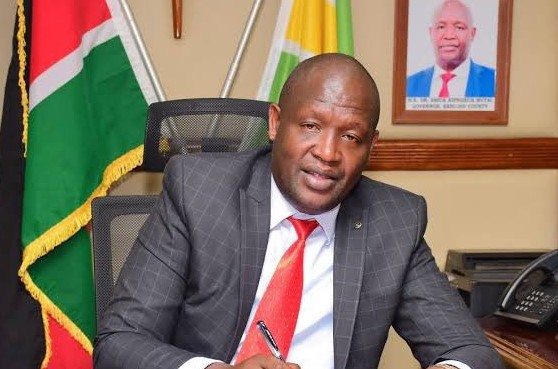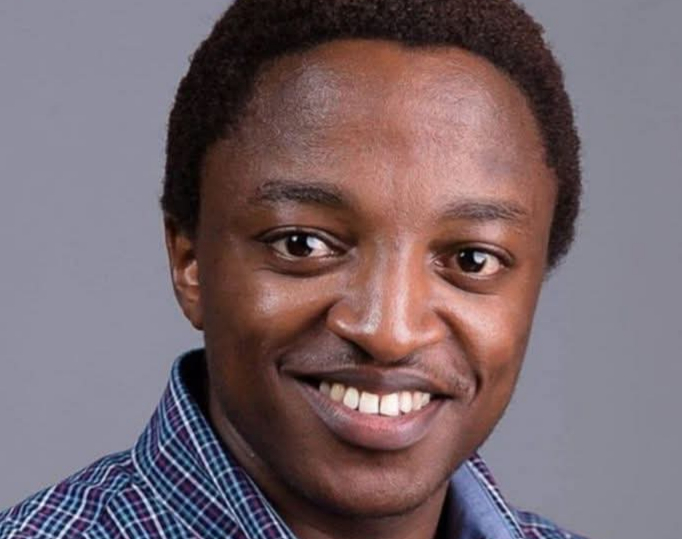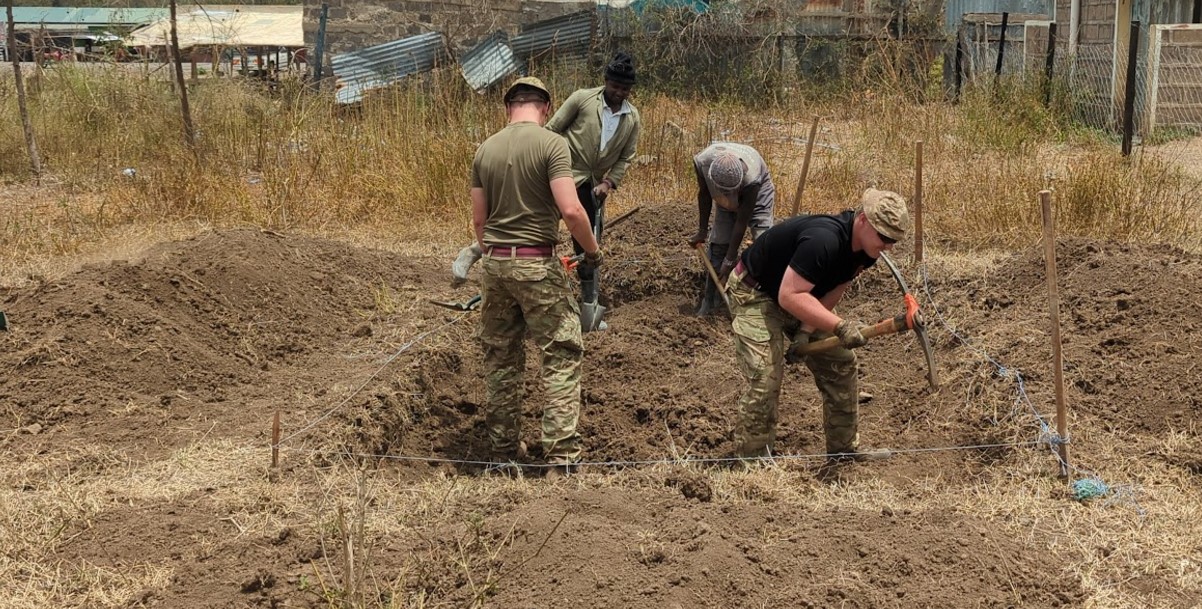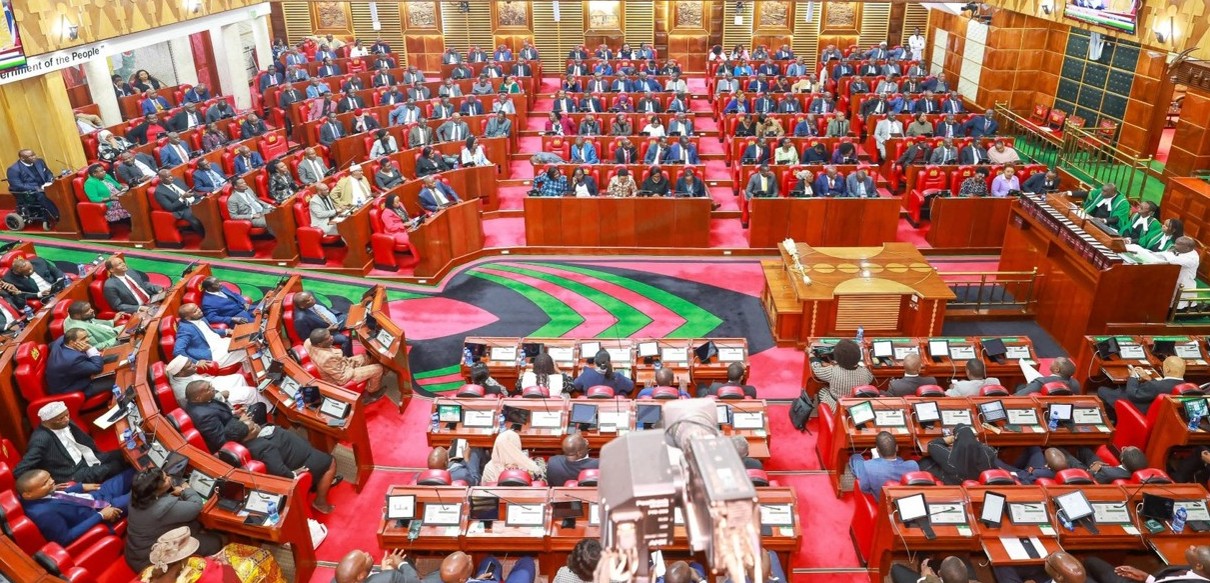Amnesty International slams DRC-Rwanda peace deal for ignoring war crimes accountability

Amnesty International's Secretary-General Agnès Callamard said the deal, inked in Washington, DC, on June 27, lacks provisions aimed at prosecuting those responsible for war crimes and other serious human rights violations.
Amnesty International has condemned the recent peace agreement between the Democratic Republic of Congo (DRC) and Rwanda, saying it overlooks the need for accountability for war crimes committed in eastern Congo.
In a statement, Amnesty International's Secretary-General Agnès Callamard said the deal, inked in Washington, DC, on June 27, lacks provisions aimed at prosecuting those responsible for war crimes and other serious human rights violations.
More To Read
- IOM welcomes Rwanda–DRC peace deal, urges tangible impact for displaced communities
- UN Security Council extends sanctions on DRC
- Rwanda to host 2025 World Kiswahili Language Day celebrations in Kigali
- DRC at 65: Tshisekedi calls for peace on independence day as M23 asserts control in Goma
- Kenya’s June 25 protests reveal Gen Z-state rift amid crackdown, media censorship
- DRC-Rwanda peace deal: What you need to know
"Without addressing impunity for the horrific crimes committed in eastern DRC, the agreement missed an opportunity to decisively tackle a long-standing driver of the conflict," she said on Tuesday.
"When human rights abusers are not investigated and held to account, it leads to a vicious cycle of abuses in which civilians pay the price. This must stop for security to be sustainable."
Violence in North and South Kivu
Amnesty's statement comes amid reports of ongoing violence in the eastern provinces of North and South Kivu, despite the peace agreement being in effect.
The organisation says that since the peace deal was signed, it has received credible reports of continued fighting between the M23 rebel group and Wazalendo militias, many of which are reportedly aligned with the DRC armed forces.
The clashes have led to civilian deaths, with M23 fighters allegedly abducting young men and taking them to undisclosed locations.
Although M23 is engaged in a separate mediation process led by Qatar, the group stated on June 30, acknowledging the US-facilitated peace deal but declaring that it does not apply to them.
Protect civilians
Amnesty has since urged both the Rwandan and Congolese governments to take immediate action to pressure M23 and Wazalendo forces to prioritise the protection of civilians and to respect international humanitarian law.
"The people of eastern Congo have repeatedly seen peace deals raise hopes, only to be followed by renewed violence," said Callamard.
"After more than two decades of failed agreements, DRC and Rwanda owe it to the population to ensure that armed groups they support or cooperate with are held to account and commit to protecting civilians."
Since fighting resumed in 2021 with an M23 rebel offensive in Congo, thousands have died and millions have been forced to flee their homes.
The violence intensified amid widespread accusations, later backed by multiple international organisations, including the US government, that Rwanda was supporting the M23 insurgents from across the border.
Although Rwanda has consistently denied these allegations, it still agreed to participate in the peace agreement facilitated by the United States.
Top Stories Today
